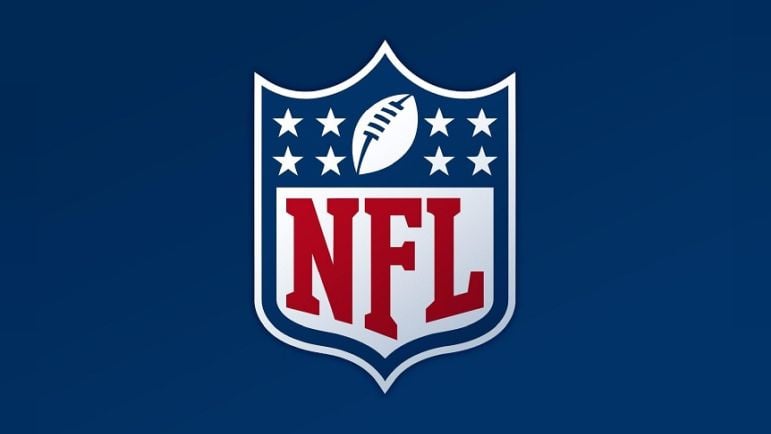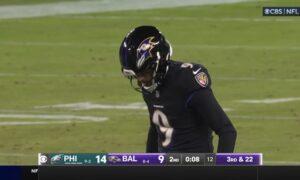In the world of online sports betting, and as more and more options become available in most states around the country to place bets, the NFL is having to take a closer look at its policies in the gambling realm.
There have been a number of gambling-related suspensions in recent years, including several this past offseason. The first such suspension handed down from the NFL was in 1963 when Green Bay RB Paul Hornung and Detroit DT Alex Karras were suspended for the season for betting on NFL games. Both players are now in the Pro Football Hall of Fame.
There were no more suspensions until 1983 when Baltimore QB Art Schlichter was also suspended for betting on at least 10 games as a rookie.
Fast forward to 2019 and the frequency of such issues have increased dramatically. There have been 13 suspensions handed out in the last four years alone, a trend that doesn’t seem to be slowing down anytime soon. Included in that were a couple high-profile situations, such as the Indianapolis Colts having three players suspended in June. Also, the 12th overall draft pick of the 2022 NFL Draft, WR Jameson Williams of the Detroit Lions, was suspended in April 2023.
This spike in gambling has forced this issue to the forefront for the league. In response, the NFL and NFLPA have agreed to a revised gambling and conduct policy, as reported by Jonathan Jones of NFL on CBS.
The new policy dictates that players betting on the NFL will receive an indefinite suspension with a minimum of one year or a minimum of two years if the player is betting on a game he was involved in. It’s a similar but heavier suspension compared to the old policy.
One big change from the policy is players who would no longer be suspended under this new policy are being reinstated. Williams, for example, who was suspended six games prior to this year, is immediately able to return to the Lions. The same goes for Tennessee Titans OT Nicholas Petit-Frere.
A lot of the suspensions will now be uniform ones of one or two years depending on the severity of the infraction, including if players have others make bets on their behalf. Additionally, players betting on sports other than football while at work will receive escalating suspensions of two games, six games, and “at least one season” for first, second, and third offenses. Comparatively, it’s lighter punishments compared to the previous policy, where players would miss at least six games for any betting-related infraction. Repeat offenders, however, will suffer greater consequences.
Fortunately for the Pittsburgh Steelers, there have been no issues with gambling so far. Head coach Mike Tomlin has made the league’s policy crystal clear to his players. Let’s hope it stays that way.








